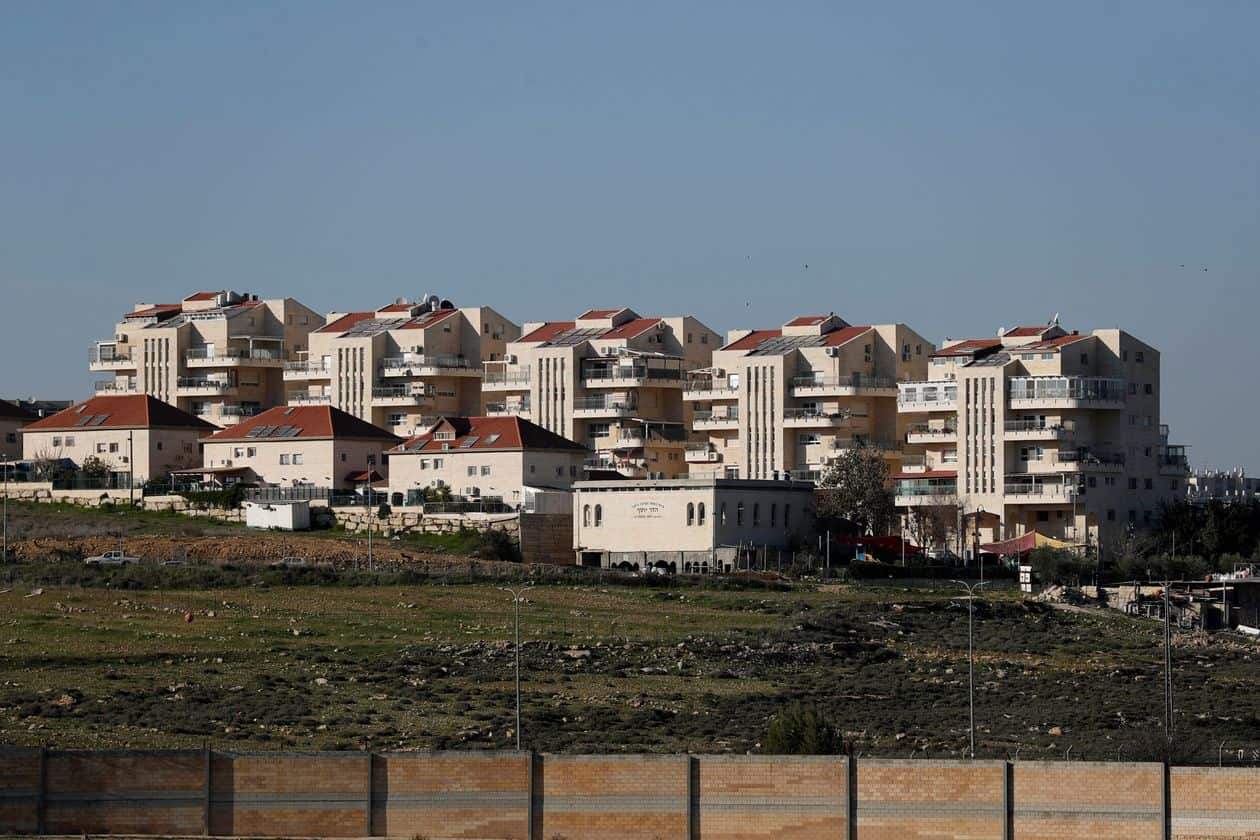Netanyahu Orders New Jewish Settlement Homes in Israeli-Occupied West Bank

TEL AVIV—Israel’s Prime Minister Benjamin Netanyahu said he ordered his government to expand Jewish settlements in the West Bank, an early test for the administration of President-elect Joe Biden who has been a fierce critic of projects built on land that the Palestinians claim for a future state.
The government will approve or advance plans for 800 homes in several different settlements, including in one that the Israeli government has yet to formally recognize, Mr. Netanyahu said Monday. “We’re here to stay,” he said on Facebook. “We’re continuing to build the land of Israel.”
The announcement comes as Mr. Netanyahu courts right-wing votes in an upcoming election, and rushes to offer inducements before close ally President Trump leaves office. Recent polls suggest Mr. Netanyahu will need to retain and expand his support among the right-wing and religious camps if he is to fight off his challenger and retain his post as Israel’s longest-serving prime minister.
Mr. Netanyahu’s path to forming a coalition is narrowing, according to a poll released Monday by Israel’s Radio 103 FM. Without the New Hope party led by a former ally-turned-rival, Gideon Saar, and another right-wing party headed by Naftali Bennett, his coalition has only 46 seats. He needs 61 to form a government.
Mr. Saar on Monday urged Mr. Netanyahu to recognize Jewish settlements in the West Bank that are considered illegal under Israeli law.
The timing of the election in March is especially sensitive for Mr. Netanyahu because of a continuing corruption trial with witness testimony set to start February, barring any coronavirus-related delays. Mr. Netanyahu denies the charges of bribery and fraud. He doesn’t have to resign unless convicted.
The move to construct new settlement units has drawn anger from other political opponents, who accuse Mr. Netanyahu of picking a fight with the incoming administration of Israel’s closest ally, the U.S.
“The Biden administration still hasn’t taken office and the government is already leading us to an unnecessary confrontation,” Yair Lapid, head of the centrist Yesh Atid party, said on Twitter. “A sane government doesn’t start an unnecessary battle with a new American president.”
Settlements have long dogged the relationship between Messrs. Biden and Netanyahu. In 2010, Israel announced new settlement building in East Jerusalem during a visit by Mr. Biden, sparking a diplomatic row that continued through the eight years of the Obama administration.
The Trump administration broke from years of American policy in 2019 when it said that the U.S. doesn’t consider settlements to be illegal. Secretary of State Mike Pompeo last year became the first chief U.S. diplomat to visit a West Bank settlement. In another sharp break, the Trump administration’s plan for peace between Israel and the Palestinians envisioned that no Israeli settler would leave their homes in occupied territory, while other plans have envisioned land swaps that could see some have to move.
The construction and approval process for settlements typically takes years and Mr. Netanyahu has backed away from controversial election-timed proposals before. He set aside his earlier pledge to unilaterally annex parts of the occupied West Bank, as a condition of normalizing ties with the United Arab Emirates and other Gulf Arab states.
Some settlers are urging Mr. Netanyahu to do more to develop Jewish settlements while he still can.
Mr. Netanyahu should take the opportunity to provide infrastructure such as water and electricity to West Bank settlements not officially recognized as part of Israel, said Israel Ganz, head of the Binyamin Regional Council, a regional governing body for some 46 Jewish settlements and outposts.
“These are the most important days,” he said. “The hourglass is getting shorter.”
Photo: Israel’s government will approve or advance plans for 800 homes in several different settlements, like the one near Ramallah. - MOHAMAD TOROKMAN/REUTERS
Link: Netanyahu Orders New Jewish Settlement Homes in Israeli-Occupied West Bank - WSJ




